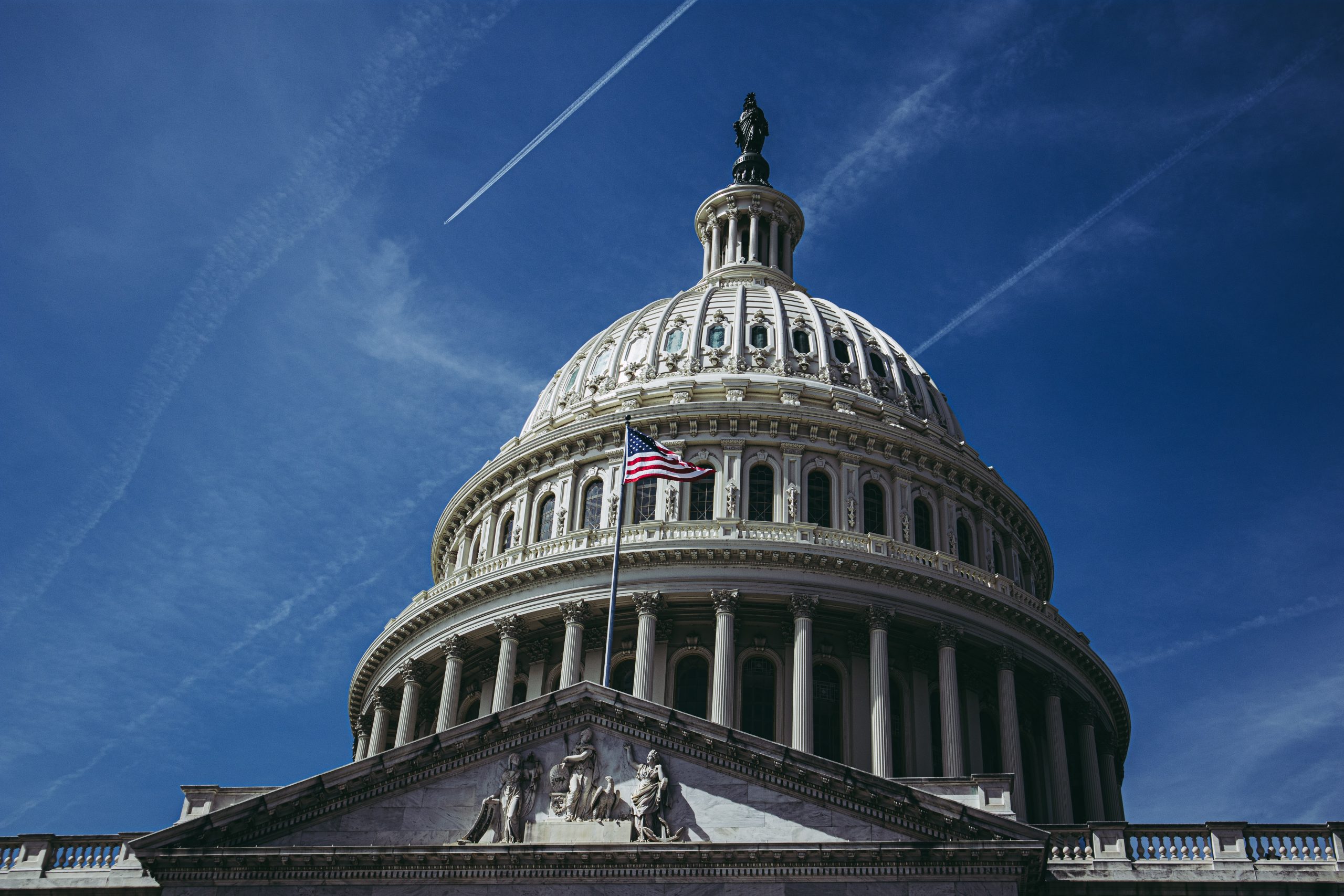In a policy reversal, the Trump Administration has declared that Israeli settlements in the West Bank do not violate international law.
By Gemma Laws, Staff Writer.
In a policy reversal, the Trump Administration has declared that Israeli settlements in the West Bank do not violate international law.
US Secretary of State Mike Pompeo has announced that the US no longer considers Israeli settlements in the West Bank as violating international law. This comes as a break from not only international consensus, but also previous US policy towards the region.
On November 18th, Pompeo said, “the establishment of Israeli civilian settlements in the West Bank is not, per se, inconsistent with international law”. According to an administration official, this announcement came a week later than intended. This was after Israeli and Palestinian forces exchanged fire in Gaza, resulting in 34 Palestinian deaths.
Palestinians have a long-held claim to the territory, demanding it for a future state. This is a goal backed by the UN, European governments, and American allies. It’s suggested that this decision removes an important barrier against Israeli forces annexing the area.
A 2016 UN Security Council resolution found that Israeli settlements in the West Bank are in “flagrant violation” of international law, which Israel disputes. The administration’s declaration also goes against the Fourth Geneva Convention, outlawing transfers of populations by an occupying power.
Previously, the US has viewed these settlements as illegitimate. In 1978, the State Department found them inconsistent with international law. While Reagan suggested in 1981 that the settlements were not “inherently illegal,” Trump’s administration is the first to reverse the 1978 finding, with Pompeo arguing it “has not advanced the cause of peace.”
This comes as the latest in a string of Trump administration policies involving the Israeli-Palestine conflict. In April, Trump recognised the contested Golan Heights as Israeli territory. Furthermore, back in December 2017, he formally declared Jerusalem to be Israel’s capital, moving the US Embassy to the city from Tel Aviv. As Palestinians also claim territory in Jerusalem, this move sparked international outrage.
The timing of these policies concerning Israeli politics has garnered interest. So far this year, two rounds of Israeli legislative elections have taken place. It was before the first vote that Trump announced his recognition of Golan Heights. As both Prime Minister Netanyahu and opposition leader Benny Gantz failed to form a government following the second round in September, a third vote is expected.
Part of Netanyahu’s election campaign been has been his pledge to annex the Israeli settlements in the occupied Palestinian territories. Hence, Netanyahu has welcomed the Trump administration’s move as “supporting truth and justice”, agreeing with Pompeo’s assertion that Israeli courts should decide on the legality of individual settlements.
Relatedly, Israeli right-wing figures and settler groups have interpreted this shift in US policy as an opportunity to take control. The Yesha Council, an umbrella group of settlers, has called on the Israeli government to immediately claim sovereignty over the settlements.
This policy has also coincided with inquiries into corruption allegations against Netanyahu. Three days after the US’s announcement, the Israeli PM was indicted for bribery, fraud and breach of trust. The PM is only required to resign if he is convicted, with the process potentially taking months or years. Regardless, Netanyahu’s attempts to remain in power appear to be threatened. Commentators suggest Pompeo’s announcement will likely bolster Netanyahu’s standings, though Pompeo denied any ties to Israel’s political situation.
In contrast, Palestinians have responded with outrage. Senior Palestinian official Hanan Ashrawi said the US had neither the “right nor agency to rewrite international law”, and that it had no regard “for what is right and just, and for the requirements of peace.”
Similarly, the EU was quick to respond in opposition to Pompeo’s announcement. In a statement, they reasserted their position that “all settlement activity is illegal under international law and it erodes the viability of the two-state solution and the prospects for a lasting peace.”
Favoured by both the Palestinian Liberation Organisation (PLO) and Israeli pro-peace groups such as Peace Now, the two-state solution proposes an independent state of Palestine alongside the state of Israel. The latest diplomatic initiative towards this, the 2013-14 peace talks, failed.
Where the announcement falls within Trump’s alleged Middle East peace plan remains unclear, as does the nature of the plan itself. But it will likely further inflame tensions between the Trump administration and Palestinians along with the wider international community.





